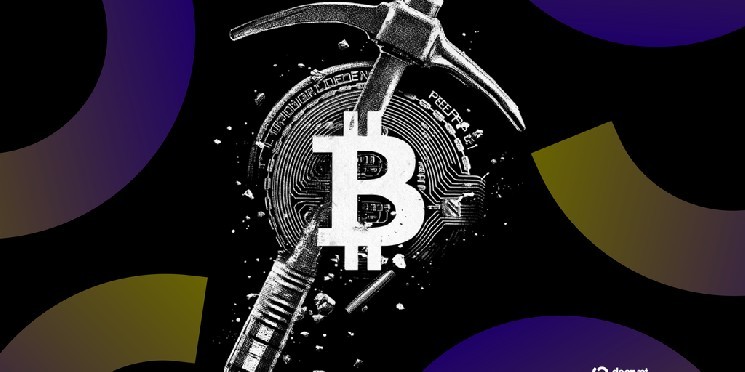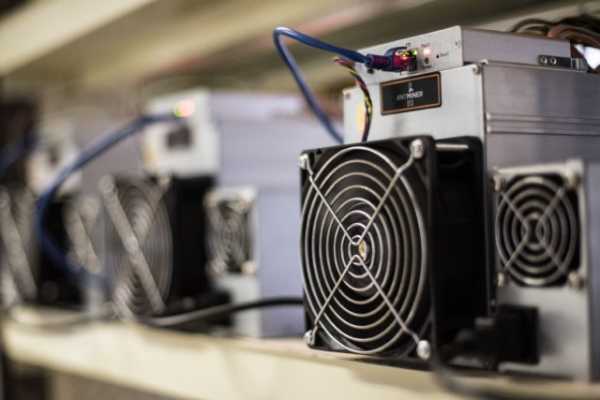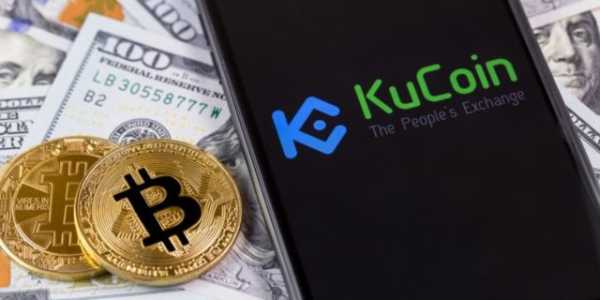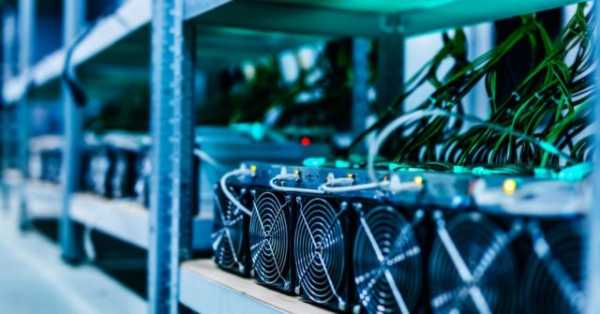Another Bitcoin Miner Surpasses Expectations by Winning $350K Jackpot

Ding-ding-ding – we have a winner!
A lone miner earned a reward of 3,173 BTC ($349,028) after mining Bitcoin block number 903,883 late Thursday . Such occurrences are not all that common; in fact, according to one expert, such an outsider only wins once every eight years on average.
The lucky winner of Thursday's award was a user of Solo CK , a non-profit service that allows Bitcoin miners to mine blocks alone. Using Solo CK, the miner paid a 2% fee but avoided the costs associated with running powerful Bitcoin mining hardware.
“Congratulations to miner bc1q~9sj3 with 2.3PH for solving block number 301,” wrote X pseudonym Dr. CK, a software engineer and administrator of Solo CK . “A miner of this size has about a 1 in 2800 chance of solving a block each day, which happens on average once every 8 years.”
To put this into perspective, 2.3PH (short for petahashes) is only a small fraction of Bitcoin’s total estimated hashrate of 881.11 EH/s (short for exahashes). That’s only 0.00026% of the hashrate, to be exact. Compared to the hashrate of Foundry USA, the mining pool that processed the previous block, this solo miner still looks insignificant, representing only 0.000847% of Foundry’s 271.7 EH/s hashrate.
Bitcoin miners use computing power to solve complex mathematical problems to find what's called a “nonce,” short for “number used once.” This number ensures that a block meets Bitcoin's constantly changing difficulty requirements and allows the block to be added to the blockchain.
The miner is then rewarded with new bitcoins and transaction fees included in the block. Bitcoin mining is the basis of the Proof-of-Work consensus mechanism .
However, everything changed when enthusiasts could mine Bitcoin in their garages without getting tired. Now Bitcoin mining has become an industrial process, with companies using warehouses full of ASIC miners to compete for rewards.
Competing alone against large companies for a block is quite difficult, and the odds of winning a reward are extremely low. Most solo miners who choose this path join mining pools, which combine the power of participants and distribute the reward among them. Scott Norris, CEO of independent Bitcoin miner Optiminer, told Decrypt that mining alone is “like playing the lottery,” although some lucky ones still manage to win.
For reference, the American mining pool Foundry USA has received 304,576 BTC ($32.8 billion) in rewards throughout its history . Since 2014 , Solo CK users have mined 5,222 BTC , which is worth $594.9 million at the current rate. Most of these wins were likely one-time rather than multiple.
The last miner to mine a block using Solo CK did so four weeks ago, receiving a reward of 3.15 BTC , which is roughly $330,300. Before that, we would have to go back three months to see any Solo CK wins .
Solo mining will become increasingly difficult as Bitcoin's hashrate has steadily increased since its launch. For example, over the past year, the hashrate has increased by 46%, from 599.41 EH/s to 881 EH/s .
Source: cryptonews.net



